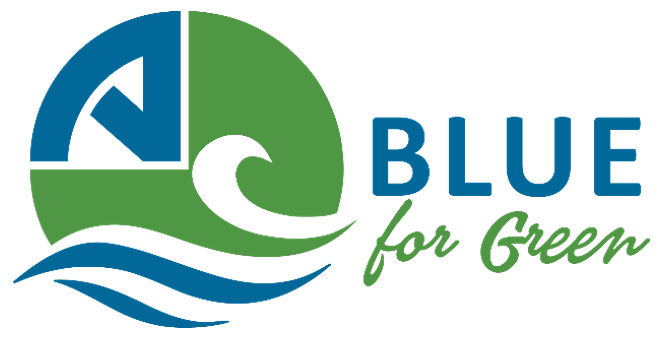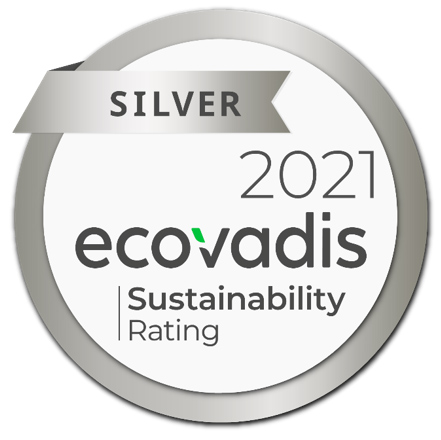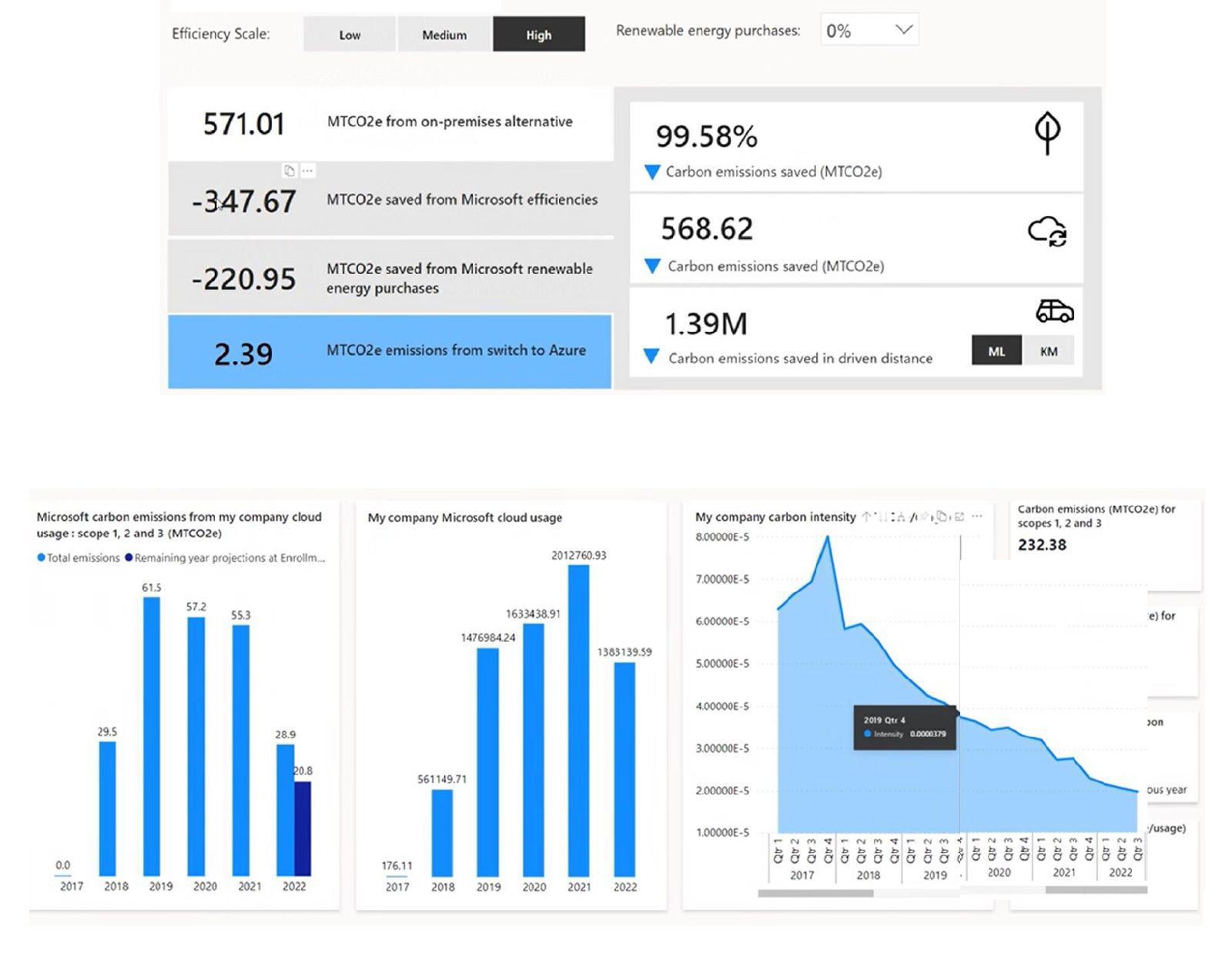SUSTAINABILITY
The threatening extent of global climate change necessitates the protection of natural resources primarily and it requires all businesses to focus on sustainable development.
Arkas Line sets long-term goals in terms of “sustainability” and adjusts its standing accordingly.
As of 2022, EU Green Deal Working Committee was formed with the joint participation of Arkas Line, Arkas Logistics, Arkas Shipping Group, Fleet Management and BIMAR (IT technologies) that are among Arkas Holding subsidiaries. The purpose of this working group was defined as setting a joint long-term sustainability strategy for Arkas companies, informing all Arkas employees about this strategy and creating awareness on sustainability issues through educational content, while measuring and monitoring the carbon footprint, and determining the ways to be followed within the framework of harmonization with the EU Green Deal.
For 2022, the sustainability strategy of Arkas will be “creating awareness & increasing participation”.

CCWG (CLEAN CARGO WORKING GROUP)
The aim of this organization, that is managed under the umbrella of SFC (Smart Freight Center) as of 2022, has been determined as reducing GHG emissions in container transportation for a more sustainable future and ensuring cooperation between stakeholders to achieve the "2050 Net Zero" target.
Development in emission scores is monitored through annual measurement, evaluation, verification and reporting, and necessary studies are encouraged accordingly.
Arkas Line managed to reduce its CO2 emissions by 26.2% with operational improvements made between 2011 and 2020, exceeding its 25% target.
In addition, as of January 1, 2020, VLSFO fuel has been used on all vessels and Sulfur emissions were reduced by 82.8%.
The main fuel-saving methods used to achieve this success are listed below;
• Load Reduction applications to provide sailing of the vessels with more economical speed
• Trim and ballast optimization
• Regular vessel bottom and propeller cleanings
• Application of new generation technological hull paints that reduce friction
• Making the most suitable route selections using the SPOS application.
• Use of very low sulfur fuel oil.
ECOVADIS Corporate Social Responsibility Rating
The EcoVadis CSR (Corporate Social Responsibility) assessment is an assessment of how well a company has integrated the CSR principles into its business and management systems.
The EcoVadis evaluation methodology consists of four main headings: Environment, Labor & Human rights, Ethics and Sustainability Procurement, and 21 criteria under them.

Arkas Line has the Silver Medal in sustainability according to the CSR 2021 rating.

MINI-CHIP Project
The "Mini-Chip (Minimizing Carbon Footprint)" project, initiated by Arkas Line in September 2013 with PROMATECH Maritime Technologies and Brunel University in London, has been successfully completed after four years.
The Mini-Chip project, as a simulation setup, offers an innovative Decision Support System for freight carriers to reduce fuel consumption, minimize carbon footprint and reduce costs without sacrificing quality in transportation operations.
This system, which can analyze Service Level Agreements (SLA) with cargo owners and fuel cost for different ship speeds and types, enables operators to decide what is the best economic speed for their vessels, both minimizing fuel costs and fulfilling the terms of their agreement with charterers.
As a result of the tests, it has been observed that the correct fuel and refueling timing reduce the total fuel consumption by 5 to 10 percent. Thus, it was also possible to reduce carbon emissions, which are directly related to the reduced fuel cost.
Mini-Chip, which is the first study in the maritime industry to measure carbon footprint with service and cost targets, also has analytical methods to determine the complex relationships between ship speed decisions, refueling point selection decisions, fuel prices, delay penalties and port uncertainties.
While reports were submitted to the EU, which funded this project, during the study, the project officially ended with the approval of the final reports by the project managers in the EU.
The EU Mini-Chip project was described as a success story and published an article on the website of CORDIS/Community Research and Development Information Service, one of its publications, about the results of the project, translated into 6 languages: English, Spanish, German, Italian, French and Polish. (http://cordis.europa.eu/result/rcn/213249_en.html)
http://mini-chip.eu/
New IMO Regulations and use of VLSFO on vessels
Arkas Line has adopted this regulation due to its anticipated positive impact on the environment and health, and has started to use VLSFO (Very Low Sulfur Fuel Oil) instead of IFO 380 on all ships operated.
In addition, the IMO Marine Environmental Protection Committee (MEPC), in its seventy-second session (MEPC 72), held between 9-13 April 2018, took a series of decisions to reduce greenhouse gas (GHG) emissions from vessels engaged in international trade and focused on reducing greenhouse gas emissions from vessels. The first IMO Strategy adopted resolution MEPC.304 (72).
To this end, IMO aims to reduce its total annual greenhouse gas emissions by at least 50% by 2050 compared to 2008, while aiming to completely zero CO2 emissions by the end of this century.
This target requires the necessary R&D activities to be carried out by establishing cooperation between industrial organizations and academies.

Arkas Achieved 99.58% Emission Savings in IT Processes through Microsoft Cloud Applications
With the collaboration of Microsoft, Arkas achieved 99.58% emission savings through transferring local data to the cloud system since 2018. Total saving equates to the emissions from driving a fossil fuel vehicle over 1,390,000 miles.
Arkas emissions due to usage of Microsoft cloud peaked in 2019 (during Azure transfer period), however, afterwards although workload increased by 36%, emissions followed a 10% downward trend.
Carbon Intensity (cloud based carbon emissions ratio) has decreased by 75% since 2018. This decline achieved with the support of renewable energy resource investments of Microsoft in global data centers.




